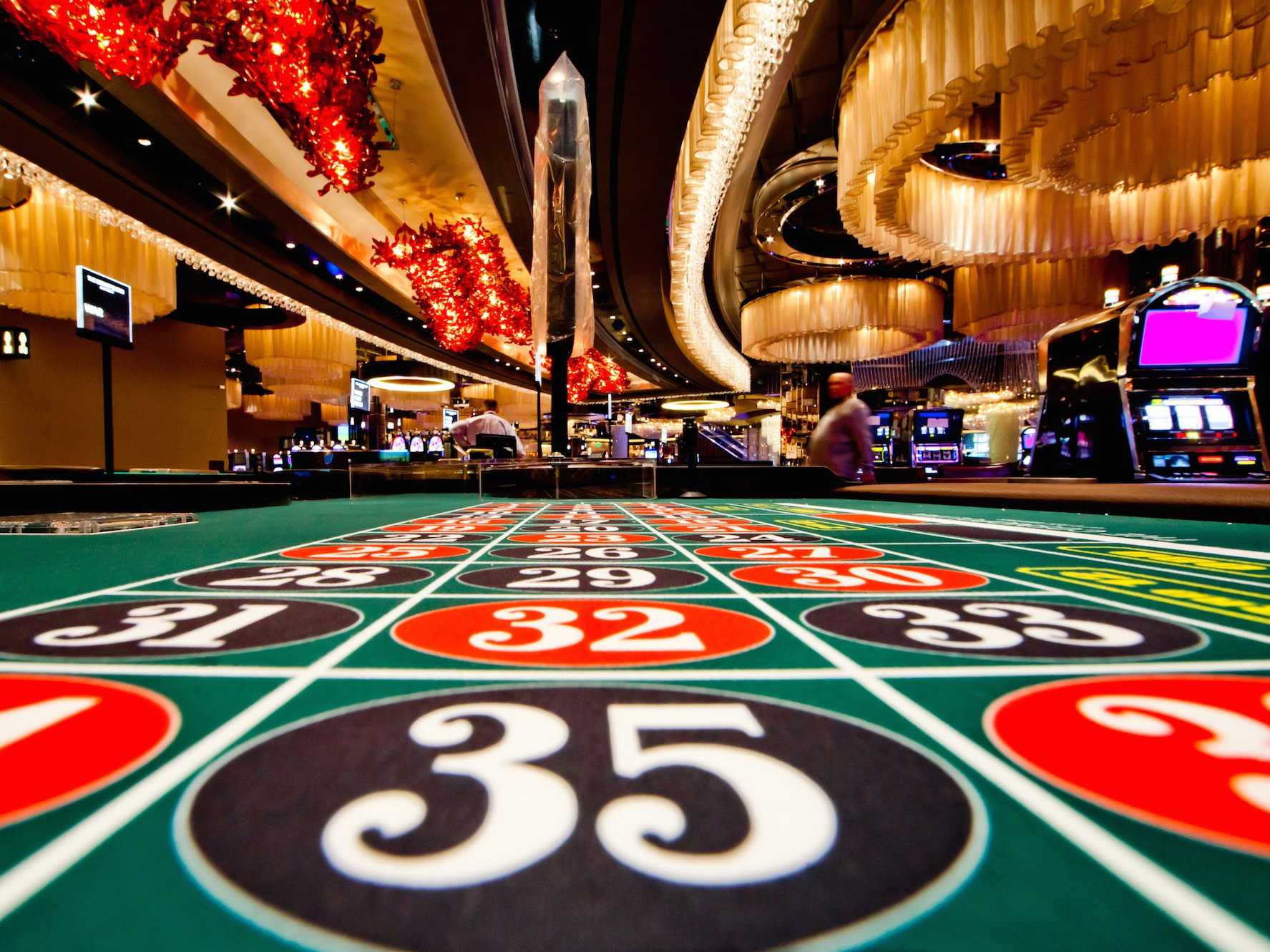
In the vibrant world of gaming, gaming activities have long enthralled the attention of players around the globe. v9bet These options, including timeless card options like poker to the spinning reels of fruit machines, offer an intriguing blend of luck and skill. While chance undeniably plays a crucial role in shaping outcomes, the importance of skill in many gambling games cannot be neglected. Understanding how expertise shapes gameplay can elevate not only a gambler’s experience but also their likelihood of winning.
As we delve deeper the inner workings of gambling games, it becomes evident that some demand a solid grounding of understanding and tactics. Activities like Texas Hold’em demand more than mere fortune; they call for strategic thinking, mental insight, and tactical decision-making. In contrast, other activities, such as roulette and slot machines, are primarily based on randomness, allowing players to rely exclusively on luck. This contrast raises thought-provoking questions about what truly drives achievement in the domain of gambling and how a participant’s skill set can sway the outcome in their advantage.
Comprehending Expertise vs. Chance within Casino Activities
In the realm of casino games, the debate between skill and luck is a long-standing one. Numerous games are frequently divided into two categories: those that rely predominantly on randomness, such as slot machines and the wheel, and those where skill plays a crucial role, like poker and blackjack. The difference is crucial because it affects not only gameplay strategies but also the approach players take when engaging with these games. Although luck can play a critical role in the immediate, skilled players can improve their chances of winning over the long run in skill-based games.
Skill-based games, especially poker, demand players to comprehend odds, psychology, and game theory. A seasoned poker player can analyze rivals, make calculated bets, and understand when to fold, all of which can lead to greater favorable outcomes. On the other hand, in games that are purely based on chance, no amount of skill can alter the odds. This means that although a player may win big in one session, their success may often be at the mercy to the vagaries of random outcomes rather than any tactical expertise.
In the end, both skill and luck exist together in the world of casino games, creating a vibrant environment for players. While games of chance can provide excitement and instant gratification, proficiency and strategy in skill-based games offer a deeper level of engagement for those prepared to dedicate time in refining their craft. This interaction between skill and luck defines the experiences of players and shapes their relationship with the games they select to play.
The Impact of Ability on Casino Results
In the world of gambling games, proficiency plays a key role in determining the outcomes, especially in games where tactics and choices are paramount. For instance, in the game of poker, competitors must examine rivals, calculate odds, and make calculated bets to enhance their chances of succeeding. Unlike games that depend purely on luck, such as slots or the roulette wheel, this game demands an understanding of both the rules and the behavior of other participants, making expertise a vital component of victory.
Other strategy-based activities, like the game of blackjack, also underscore the significance of player skill. Knowledge of basic tactics, card counting, and when to hit or stand can significantly influence the house edge. A skilled blackjack player can lower this edge and boost their odds of winning over time. This contrasts sharply with activities that do not permit for such strategic play, showcasing how the level of skill influences the potential for favorable outcomes.
Moreover, even within games considered primarily luck-based, like the game of craps, the decisions made by gamblers can influence their overall success. Choosing the right bets, understanding the likelihoods of different outcomes, and controlling one’s bankroll are essential aspects that can enhance a participant’s experience and results. Thus, while luck remains a factor in casino games, ability can substantially influence how efficiently players navigate these environments, leading to more favorable outcomes.
Tactics for Proficient Play in Casinos
To thrive in casino games, players must develop a robust comprehension of the regulations and probabilities involved in every game. This foundational knowledge enables individuals to make educated choices, especially in skillful games like poker and 21. Becoming acquainted oneself with game tactics, such as keeping track of cards in blackjack or recognizing betting patterns in poker, can significantly enhance a player’s odds of winning. Rehearsing these strategies through mock games or lower-stakes games allows players to refine their skills without putting substantial amounts of money at stake.
One more key approach is budgeting. Players should set a spending limit before entering the casino and stick to it faithfully. This involves deciding how much they are willing to lose and setting limits on how much they will wager in every gaming session. By keeping a controlled approach to spending, players can sustain their play and reduce the chance of major losses. Additionally, taking breaks can help maintain a clear head and prevent rash decisions that often lead to unfavorable outcomes.
Ultimately, emotional control is essential in the high-stakes environment of a gambling house. Players must learn to manage their emotions, particularly during times of success or defeats runs. Staying focused and not allowing emotions dictate gameplay can lead to more rational decisions. Techniques such as taking deep breaths or stepping away from the table during heated moments can help maintain calmness. By cultivating a steady mindset, players can approach gambling games with confidence and skill, thereby improving their complete experience and results.